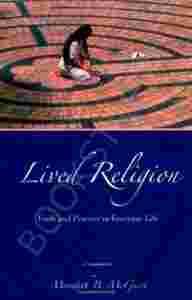LIVED RELIGION Meredith McGuire

Aukcja w czasie sprawdzania nie była zakończona.
Cena kup teraz: 106.05 zł
Użytkownik bookstreet
numer aukcji: 5405787637
Miejscowość Kalisz
Wyświetleń: 2
Koniec: 29-06-2015, 6:29
Dodatkowe informacje:
Stan: Nowy
Okładka: miękka
Kondycja: bez śladów używania
